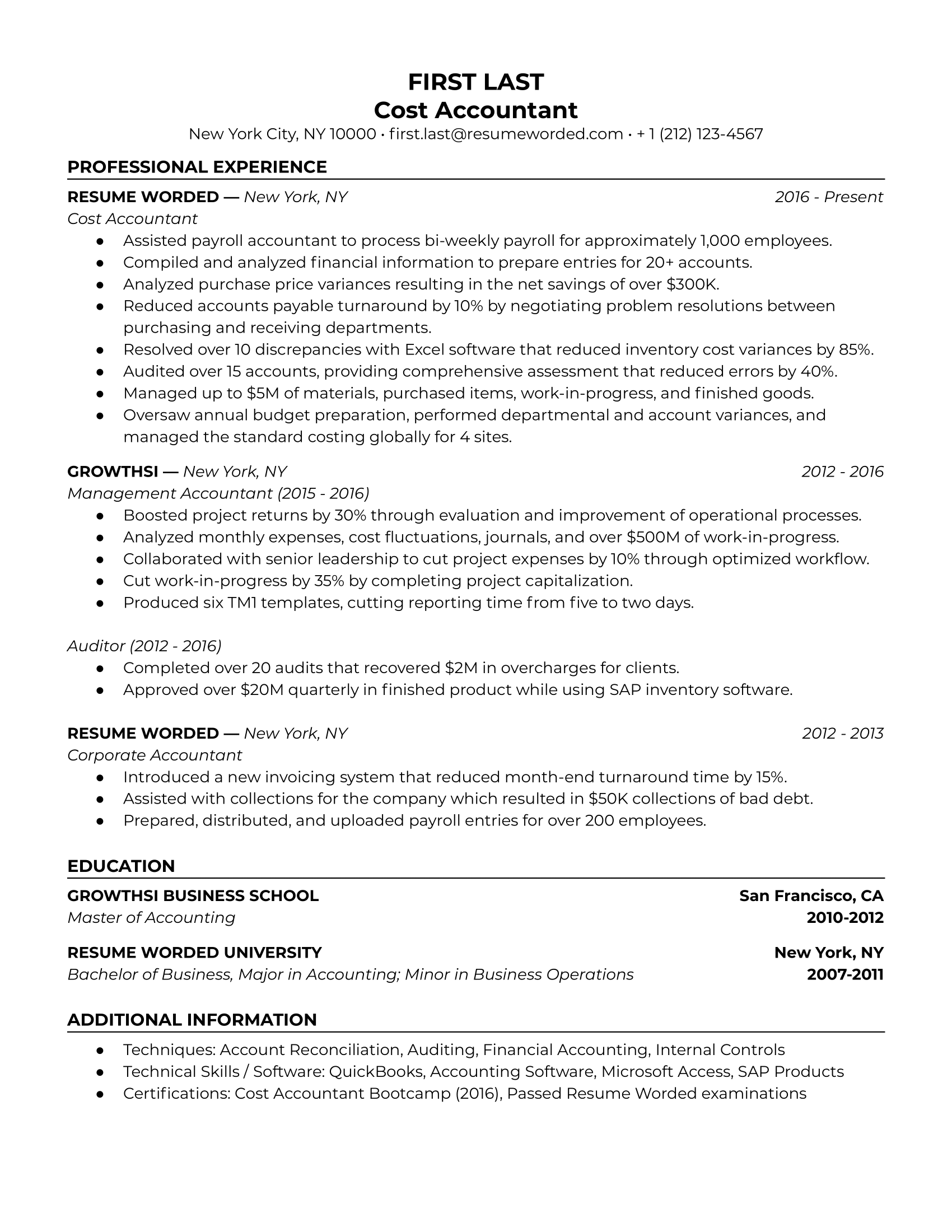
A youth pastor job description outlines the roles and responsibilities of a youth pastor, who is responsible for leading and overseeing the spiritual growth and development of young people within a religious organization.
The importance of a youth pastor job description lies in its ability to provide a clear understanding of the expectations and duties associated with the role. It serves as a guide for both the youth pastor and the organization, ensuring that both parties are aligned in their understanding of the position’s requirements.
The main article topics that follow will delve into the specific roles and responsibilities of a youth pastor, the qualifications and skills required for the position, and the importance of youth ministry within the broader context of religious organizations.
1. Leadership
Effective leadership is a cornerstone of a youth pastor’s role. Youth pastors must possess the ability to inspire and motivate young people, guiding them through their spiritual journeys. This leadership extends beyond mere instruction; it involves creating a welcoming and supportive environment where youth feel valued, respected, and empowered to grow in their faith.
- Mentoring and Discipleship: Youth pastors serve as mentors and spiritual guides to young people, providing them with personalized support and guidance. They help youth develop their faith, navigate personal challenges, and discern their calling in life.
- Team Building and Collaboration: Youth pastors often work with a team of volunteers and staff to plan and lead youth programs and activities. They must be able to build and maintain strong relationships, fostering a sense of unity and ownership among the team.
- Vision and Strategic Planning: Youth pastors play a key role in shaping the vision and strategic direction of youth ministry within the church. They must be able to identify the needs and interests of youth, and develop innovative and engaging programs that meet those needs.
- Community Outreach: Youth pastors are often involved in outreach programs that connect youth with the wider community. They may organize service projects, mission trips, or other activities that allow youth to apply their faith in practical ways.
These facets of leadership highlight the multifaceted nature of a youth pastor’s role. By effectively leading and motivating young people, providing guidance and support, and fostering a sense of community, youth pastors empower youth to grow in their faith and become active members of the church and society.
2. Teaching
Teaching is a fundamental aspect of a youth pastor’s job description. It encompasses not only imparting knowledge but also discipling young people, guiding them towards a deeper understanding and application of biblical principles in their lives.
Effective teaching in the context of youth ministry requires the ability to connect with youth on their level, making the Bible and Christian doctrine relevant and engaging. Youth pastors must be able to adapt their teaching methods to suit the diverse learning styles and backgrounds of young people, fostering a dynamic and interactive learning environment.
Moreover, teaching in youth ministry extends beyond classroom settings. Youth pastors often incorporate experiential learning opportunities, such as mission trips, retreats, and service projects, to provide youth with practical ways to apply their faith and grow in their relationship with God.
By effectively fulfilling their teaching responsibilities, youth pastors play a vital role in the spiritual formation of young people, equipping them with a strong foundation in biblical knowledge and empowering them to live out their faith with purpose and conviction.
3. Mentoring
Mentoring is an integral component of a youth pastor’s job description. It involves providing young people with emotional and spiritual guidance, as well as support during difficult times. Youth pastors serve as mentors by building strong, personal relationships with young people, creating a safe and supportive environment where they can openly share their thoughts, feelings, and concerns.
- Providing Emotional Support: Youth pastors offer emotional support to young people facing various challenges, such as family issues, peer pressure, or personal struggles. They listen actively, empathize with their feelings, and provide encouragement and guidance.
- Spiritual Guidance: Youth pastors guide young people in their spiritual growth, helping them to understand and apply biblical principles to their lives. They provide opportunities for spiritual exploration, reflection, and prayer.
- Life Coaching: Youth pastors act as life coaches, helping young people navigate personal challenges, set goals, and make wise decisions. They provide practical advice and support, empowering young people to overcome obstacles and reach their full potential.
- Building Relationships: Youth pastors establish strong relationships with young people based on trust and respect. They are present in their lives, attending events, offering support, and being a consistent source of encouragement.
Effective mentoring by youth pastors plays a vital role in the development of young people. It provides them with the emotional, spiritual, and practical support they need to navigate the challenges of adolescence and young adulthood, fostering their growth and well-being.
4. Outreach
Outreach is a crucial component of a youth pastor job description, as it involves actively seeking out and engaging with young people in the community, beyond the confines of the church building. It plays a pivotal role in expanding the church’s reach, fostering relationships with youth who may not have a connection to the church, and creating opportunities for them to explore their faith and connect with other young believers.
Effective outreach requires youth pastors to be proactive and intentional in their efforts. They may organize community events, host youth groups at local schools or community centers, and participate in local youth-oriented initiatives. By being visible and accessible, youth pastors can break down barriers and create a welcoming environment for young people who may be hesitant or unfamiliar with the church.
Building relationships is at the heart of successful outreach. Youth pastors invest time in getting to know the youth in their community, understanding their interests, challenges, and aspirations. They create safe and inclusive spaces where young people feel valued and respected, fostering a sense of belonging and connection.
Inviting youth to participate in church activities is a natural extension of outreach efforts. By extending invitations to youth events, programs, and services, youth pastors provide opportunities for young people to experience the church community, engage with its teachings, and explore their faith in a practical and meaningful way.
Outreach is essential for the growth and vitality of any youth ministry. It allows youth pastors to extend the church’s reach, connect with young people in the community, build relationships, and invite them to participate in the life of the church.
FAQs on Youth Pastor Job Description
This section addresses frequently asked questions related to the job description of a youth pastor, providing concise and informative answers.
Question 1: What are the primary responsibilities of a youth pastor?
A youth pastor is responsible for leading, teaching, mentoring, and reaching out to young people within a religious organization, guiding their spiritual growth and development.
Question 2: What qualifications are typically required to become a youth pastor?
Common qualifications include a bachelor’s degree in theology, religious studies, or a related field, along with experience in youth ministry and a strong understanding of Christian doctrine.
Question 3: What are the key skills and qualities of an effective youth pastor?
Effective youth pastors possess strong communication and interpersonal skills, a passion for working with young people, and the ability to create a welcoming and supportive environment.
Question 4: How does a youth pastor collaborate with other church staff and volunteers?
Youth pastors often work closely with other church staff, such as the lead pastor, to align youth ministry programs with the overall mission and vision of the church. They also collaborate with volunteers to plan and lead youth activities and events.
Question 5: What are the challenges and rewards of being a youth pastor?
Challenges may include the emotional intensity of working with youth, while rewards include witnessing the spiritual growth and transformation of young people.
Question 6: How can I find job opportunities for youth pastors?
Job opportunities can be found through church networks, online job boards, and professional organizations related to youth ministry.
These FAQs provide a comprehensive overview of the role and responsibilities of a youth pastor, equipping readers with a deeper understanding of this important position within religious organizations.
Note: For a more thorough exploration of the topic, please refer to the following article sections.
Youth Pastor Job Description Tips
Crafting a comprehensive and effective youth pastor job description is crucial for churches and religious organizations seeking to attract and hire exceptional candidates. Here are several tips to consider:
Tip 1: Define the Role Clearly
Outline the specific responsibilities and duties of the youth pastor, including leadership, teaching, mentoring, and outreach. Clearly state the desired qualifications, skills, and experience required for the position.
Tip 2: Highlight the Impact
Emphasize the significance of the youth pastor’s role in shaping the lives of young people. Describe how the ideal candidate will contribute to the spiritual growth and development of youth within the church community.
Tip 3: Use Inclusive Language
Ensure that the job description is inclusive and welcoming to candidates from diverse backgrounds and perspectives. Avoid using exclusive or discriminatory language that may discourage potential applicants.
Tip 4: Seek Input from Stakeholders
Involve key stakeholders, such as the lead pastor, youth ministry leaders, and youth themselves, in the development of the job description. Their insights will help ensure that the description accurately reflects the needs and expectations of the church.
Tip 5: Review and Revise Regularly
Job descriptions should be reviewed and revised periodically to ensure they remain relevant and up-to-date. Consider conducting regular evaluations to assess the effectiveness of the job description in attracting and hiring qualified youth pastors.
Summary
By following these tips, churches and religious organizations can create youth pastor job descriptions that effectively communicate the role’s responsibilities, impact, and requirements. A well-crafted job description will attract a pool of qualified candidates who are passionate about serving and guiding young people in their spiritual journeys.
These tips provide valuable guidance for organizations seeking to develop comprehensive and effective youth pastor job descriptions that will empower them to recruit and hire exceptional individuals to lead their youth ministry programs.



